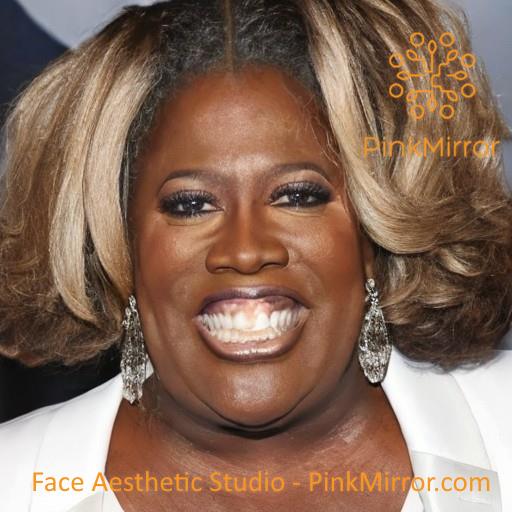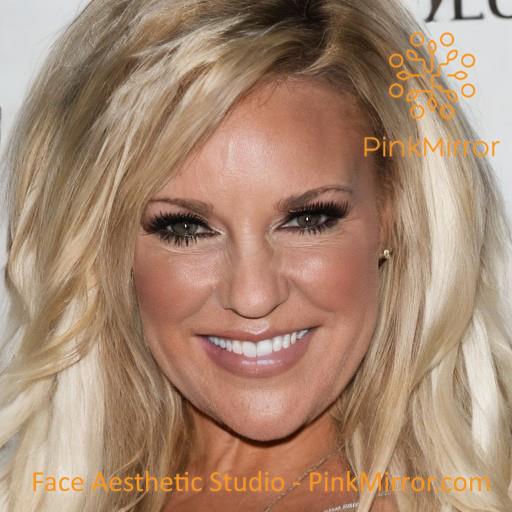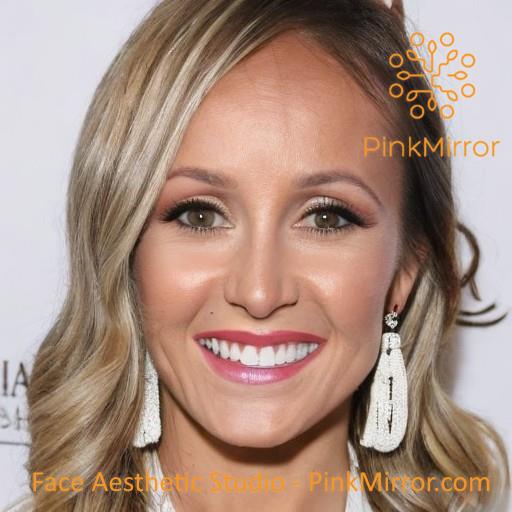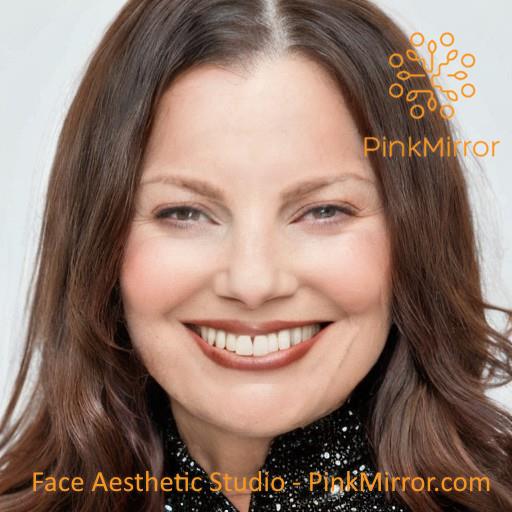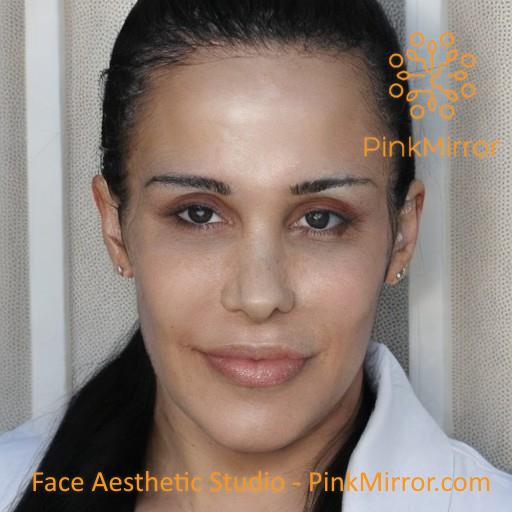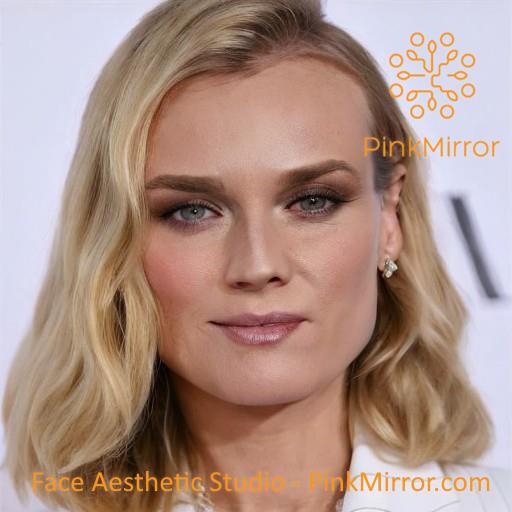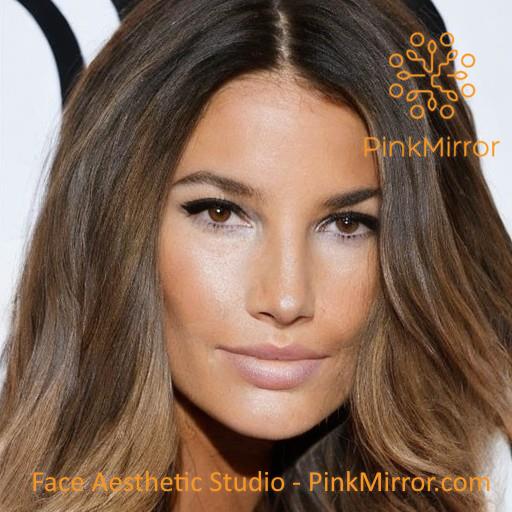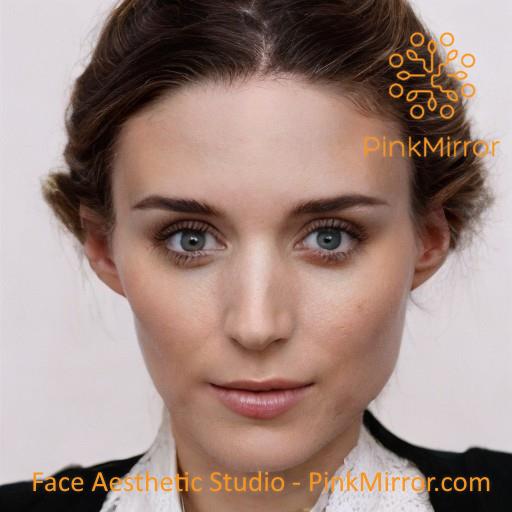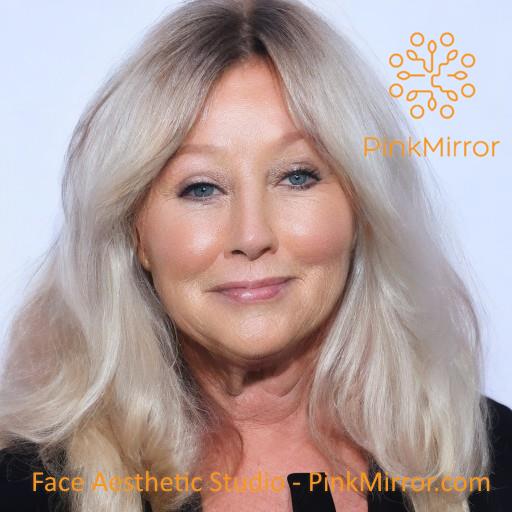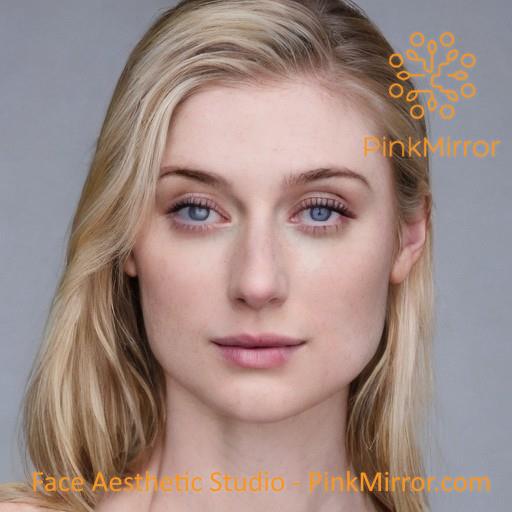Nancy Grace - Facial Feature - Face Height Middle Third To Lower Third Ratio
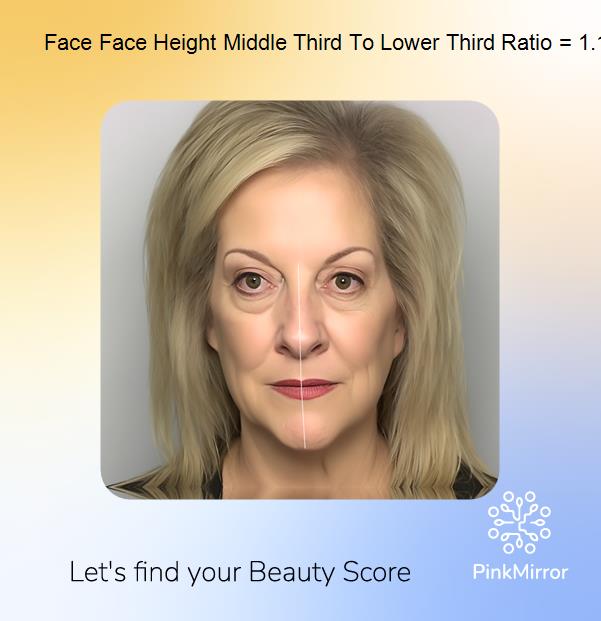
Your face falls into the small face-height-middle-third-to-lower-third-ratio category, which is considered a medium attractiveness among the five female face face-height-middle-third-to-lower-third-ratio types. While attractiveness is subjective, many people find this look appealing. Here’s how each category is generally perceived: smallest – low attractiveness, small – medium attractiveness, average – high attractiveness, large – medium attractiveness, largest – medium attractiveness. To enhance your attractiveness, consider working towards the average category. This could potentially increase your beauty score by one point.
- Most Attractive
- Least Attractive
- Your Score
Why is a larger face height middle-third to lower-third ratio attractive among females?
The face height middle-third to lower-third ratio is crucial in facial aesthetics and attractiveness, comparing the middle third (eyebrows to nose base) to the lower third (nose base to chin) of the face. Lakhiani & Somenek (2019) noted that females typically have a smaller mandibular width and angle flare, a rounder and smaller chin, and more vermilion show, resulting in a larger middle-third to lower-third face-height ratio, enhancing perceived femininity. Atta et al. (2019) conducted a study with 720 Sudanese participants (365 females, 355 males) aged 18 to 60, measuring the face’s upper, middle, and lower thirds. They found the lower third was smaller than the middle third, indicating a higher middle-third to lower-third ratio. Moreover, Rathi and Chhetri observed that the middle facial height was slightly higher in females, while the lower facial height was significantly greater in males. This suggests that females have a proportionally larger middle third and a smaller lower third, leading to a higher middle-third to lower-third face height ratio in females.
Read the detailed study with exact scientific references
Choose a recommendation and track your weekly progress:
Cautionary Note: It's important to note that each individual's skin is unique and may respond differently to various treatments. Always conduct a patch test when trying new products or ingredients, and consider consulting a dermatologist before beginning any advanced treatments.
Celebrities with smallest face face height middle third to lower third ratio
Celebrities with small face face height middle third to lower third ratio
Celebrities with average face face height middle third to lower third ratio
Celebrities with large face face height middle third to lower third ratio


